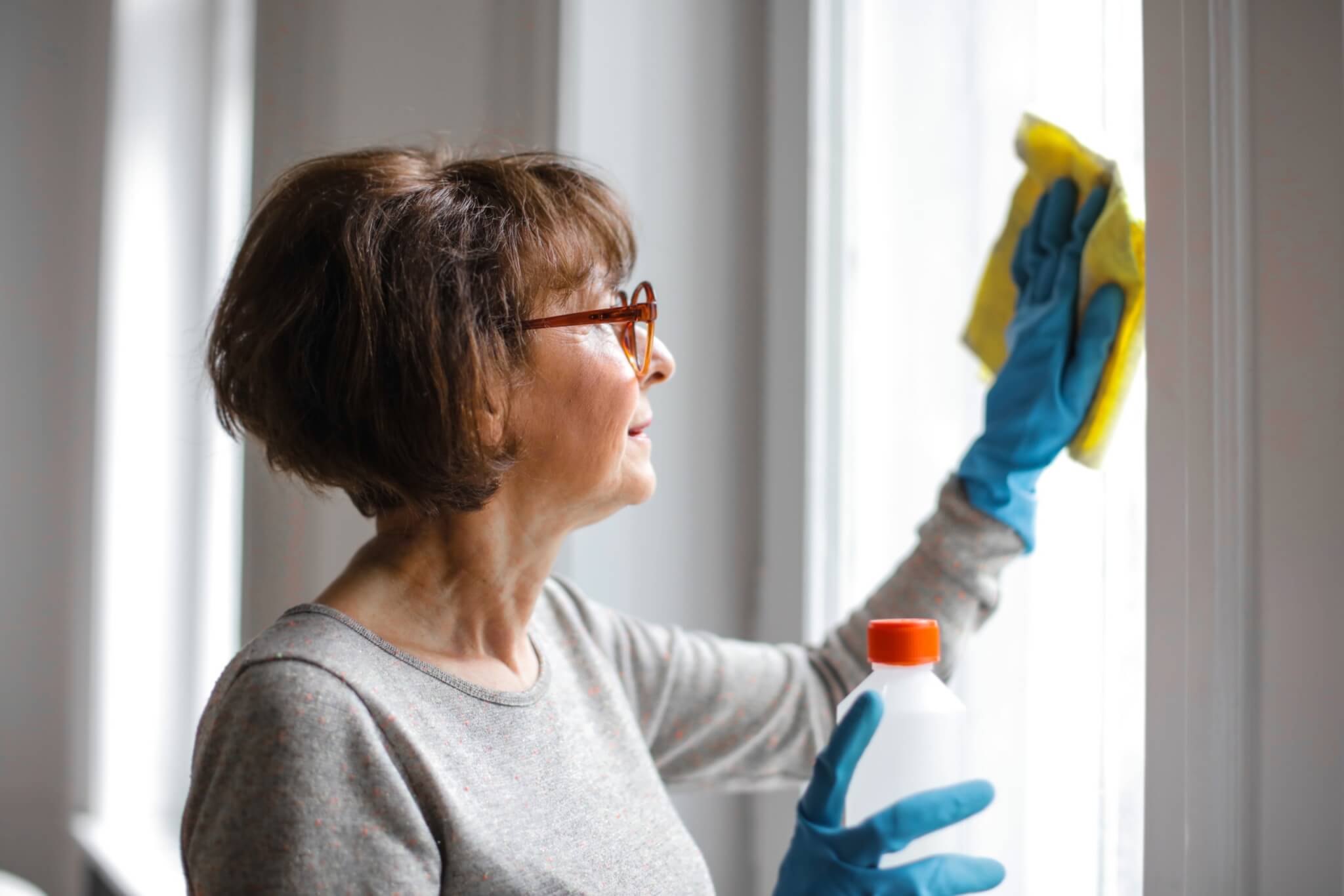TORONTO, Ontario — Have you been putting off your spring cleaning or just saving some tedious chores for a rainy day? A new study may provide the motivation you need, especially for seniors. Researchers in Toronto find older adults who perform household chores have larger brains — a key measure of good cognitive health.
“Scientists already know that exercise has a positive impact on the brain, but our study is the first to show that the same may be true for household chores,” says Noah Koblinsky, lead author of the study, Exercise Physiologist and Project Coordinator at Baycrest’s Rotman Research Institute (RRI) in a media release.
“Understanding how different forms of physical activity contribute to brain health is crucial for developing strategies to reduce the risk of cognitive decline and dementia in older adults.”
Researchers at Baycrest Hospital examined 66 mentally healthy older adults during their study. Each participant took part in three assessments, a health evaluation, structural brain imaging, and a cognitive test. Results reveal older people who spend more time doing chores have greater brain volume, regardless of how much they exercise. These chores ranged from cleaning, to cooking, to going outside and working in the yard.
How do chores keep the brain healthy?
Although most people probably aren’t fond of doing chores, the team finds they’re likely helping the brain in several ways. First, study authors believe chores have a similar effect as low-intensity aerobic exercise — which benefits the heart and blood vessels.
Chores also push the mind to plan and organize, which promotes the formation of new neural connections over time. Lastly, researchers say chores help older adults become less sedentary. Previous studies have revealed how sitting and being less active can lead to poor health and cognitive decline.
“Besides helping to guide physical activity recommendations for older adults, these findings may also motivate them to be more active, since household chores are a natural and often necessary aspect of many people’s daily lives, and therefore appear more attainable,” says senior author Dr. Nicole Anderson, Senior Scientist at the RRI.
The study appears in the journal BMC Geriatrics.
